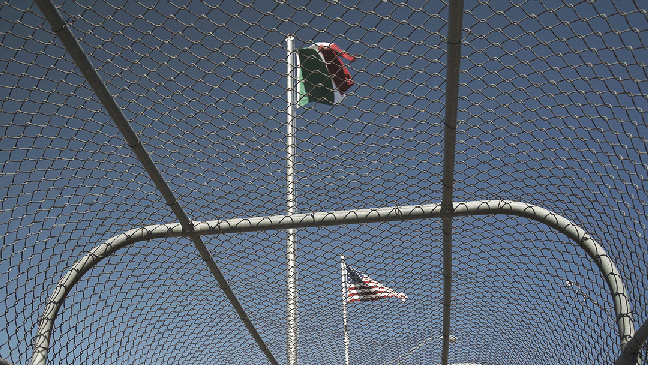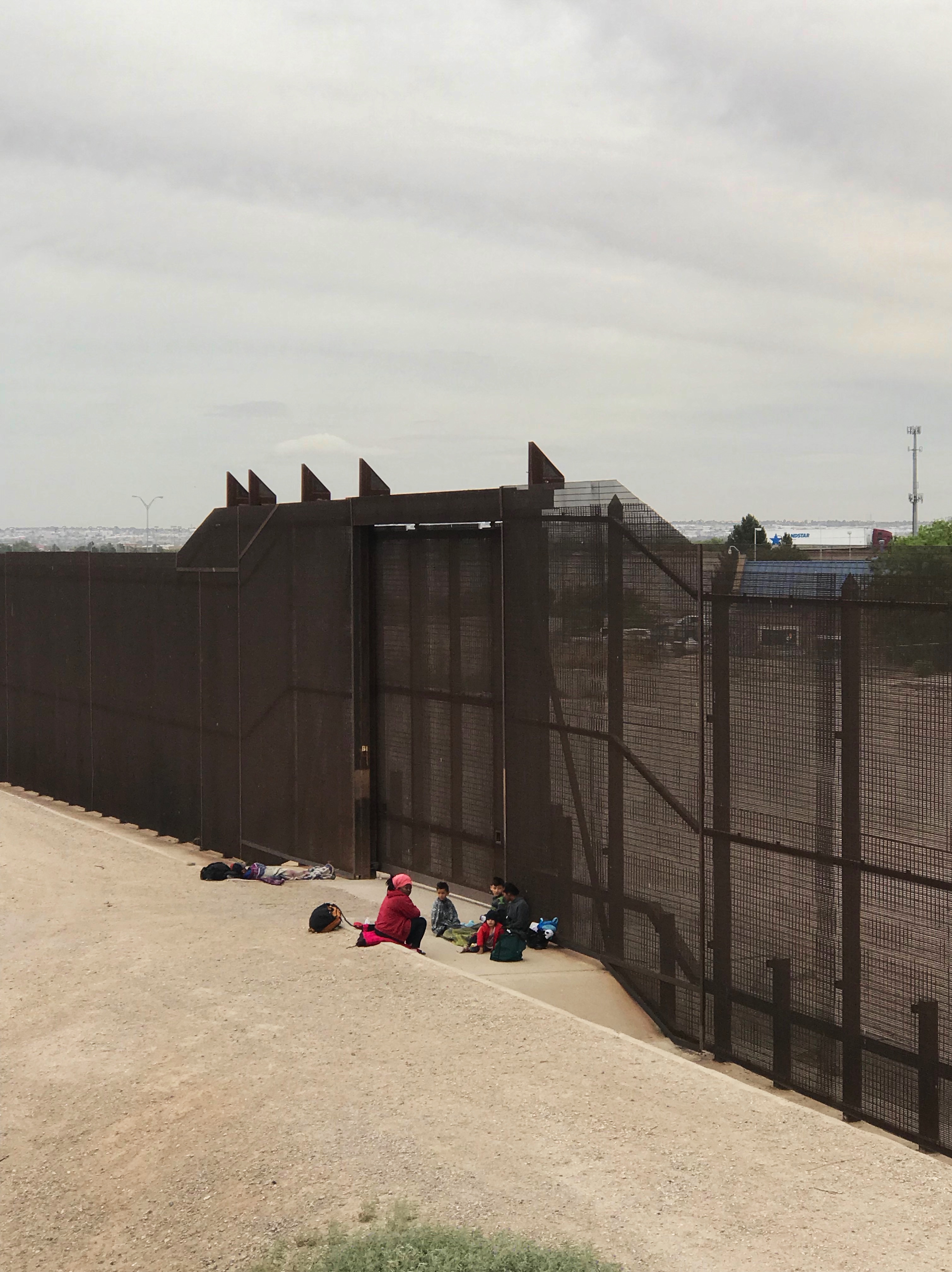The El Paso, Texas and Cd. Juárez, Chihuahua region has been occupied by people for over 10,000 years. The region has endured colonization, wars, industrialization, mass migration and, for the last 172 years, has seen various versions of the US-Mexico border.Although the border there is relatively new, it has been a hot topic since its inception and a focal point whenever anti-immigrant rhetoric overtakes the national and political discourse.

In the last 25 years, the border has changed at a tremendous speed. Bill Clinton’s administration increased the Border Patrol by more than half in 1995. Then, in 2006, the Republican Party pushed for the Secure Fence Act with the help of Democrats in congress—including Hillary Clinton, Barack Obama, and Joe Biden. They then spent $2.3 billion to fence the US-Mexico border and investment further in mass surveillance. During Obama’s administration, billions were given to the Corrections Corporation of America, a private prison company, to build detention centers for families seeking asylum.
Donald Trump’s $15 billion wall has made headlines not only because many believe it’s a waste of taxpayer money but also because his anti-immigrant discourse and policies have created a humanitarian crisis in the border region. In 2018, a temporary immigrant detention facility for children—infamously known as “tent city”—opened in Tornillo, TX. The facility held thousands of unaccompanied minors during its lifespan and was criticized for its unregulated conditions. Additionally, the Texas Tribune reports that Trump’s administration set a cap of 18,000 refugees in the past year, significantly lower than the average annual cap of 95,000.

Trump’s “Zero Tolerance” and “Remain in Mexico” policies have separated at least 4,200 children from their families from 2017 to 2018 and left over tens of thousands of migrants, largely from Central America, in limbo in Mexico waiting for a court date. The 24-hour news cycle moves so fast that the public might forget that this is still a reality many migrants at the border are facing. There are currently over 600 children separated from their families and migrants in need of food, shelter and legal assistance.
Below, we compiled a list of organizations and community-led groups in the Texas-Mexico border that are helping migrants with shelter, food, emotional support and legal representations:
Raices Texas
Texas-based non-profit that provides legal services to undocumented immigrants. The money donated goes toward legal services, bonds, transportation costs, and social programs for migrants in Texas.
Casa de Colores
Casa de Colores is a group of Salvadoran trans migrants who have created a safe space for LGBTQ+ migrants in Cd. Juárez. They are looking for donations and financial assistance to continue their efforts.
Team Brownsville
Team Brownsville is an organization that provides meals, clothing, transportation, and education to migrants in the Brownsville, TX – Matamoros, Tamaulipas border.
Casa del Migrante
The largest migrant shelter in Cd. Juárez, Casa del Migrante provides shelter and food to migrants.
Resource Center Matamoros
A humanitarian organization that provides refugees with legal, medical, and social services on the asylum seeker campground of Matamoros.
Annunciation House
The shelter is located in El Paso, TX and provides clothing, food, and other basic necessities to migrants and refugees.
Las Americas Immigrant Advocacy Center
A non-profit organization that provides free and low-cost legal services to immigrants and refugees in West Texas and New Mexico.
Fronterizx Fianza Fund
Donations go towards migrants who are still detained in New Mexico and West Texas, to pay for telephone accounts, immigration bonds, and expenses upon release.
Angry Tias and Abuelas
Located in Matamoros, Tamaulipas migrant camps, Angry Tias and Abuelas provide food, cooking utensils, diapers and other necessities to migrants.
Good Neighbors
In Brownsville, Good Neighbors’ settlement house provides migrants seeking asylum aid with travel logistics, transportation, food and a place to sleep.
Credit
Written by Itzel Alejandra Martinez
Edited by Ecleen Luzmila Caraballo
Video & Photos by J. Genaro Limon & Itzel Alejandra Martinez







